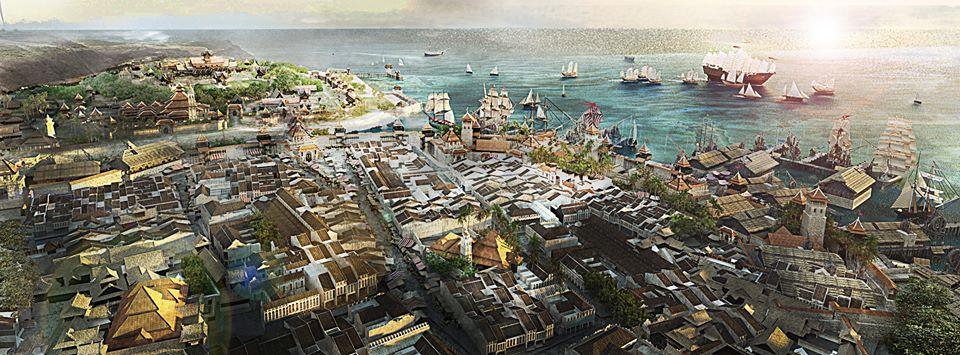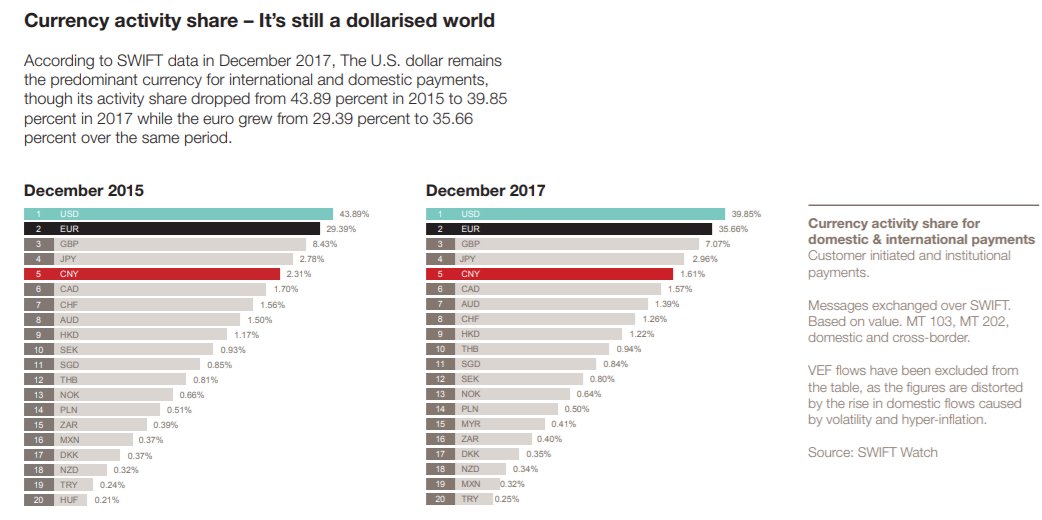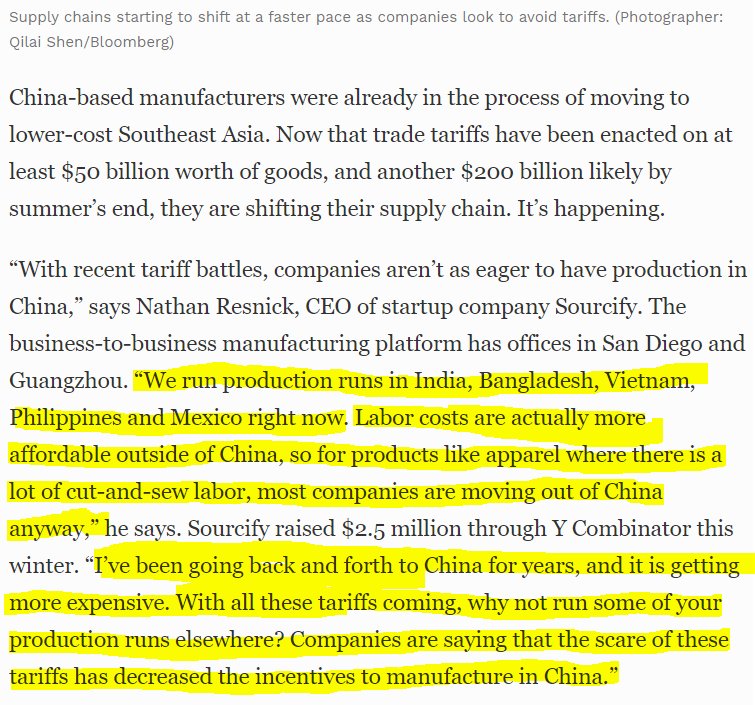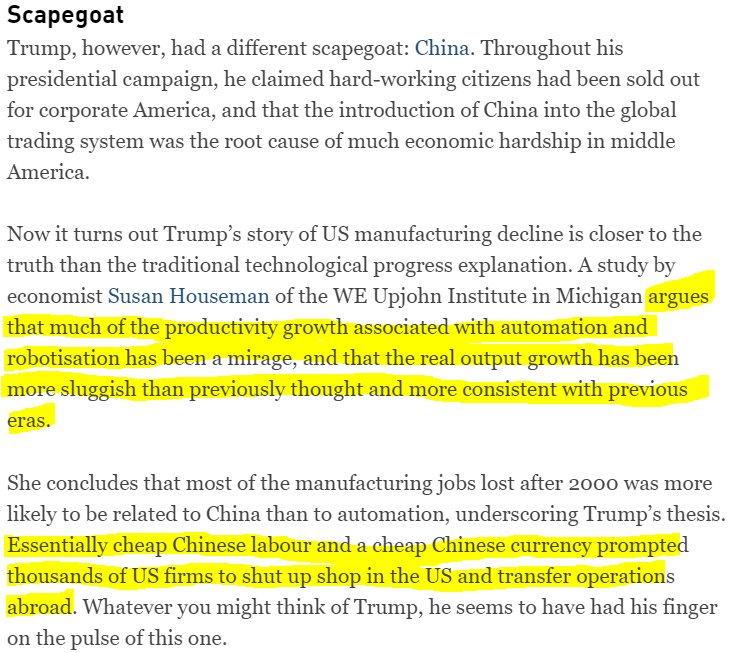Ayuh? 😄
In this case:
Cambridge, Massachusetts are "the commons".
The Universities, research institutes and the biotech corps are "the grass".
The pharmaceutical giant are "the cows".
Everyday you manufacture coals, it gets repetitive. Then you dah tahu how to process it faster, how improve the quality and how to make new inventions out of it.
So that is where they developed new ideas and new products. Kan?
It has everything to do with that. Let me entertain your mind for a bit with the following revelation...
"Oh, we need to develop our economic standpoint even further. Let's venture into more complex industries that can bring us more benefits."
But they failed to take into account of this one thing:
Once they let go of the manufacturing practices, they are letting go of the industrial commons they used to reap the benefits from.
You may love the man, hate the man, and be indifferent about the man.. But back in the 1980s, Tun M sees the potential eastern economies would have become today.
Because the experts of the industry that helped to built it in the 1970s and 1980s are now part of the ageing population.
They are out of work, and the technology today are more advanced.
[Extracted from: Harvard Business Review July/August 2009, "Restoring American Competitiveness", Pisano and Shih.]
But the change in the global economic power play is inevitable.
President Trump and other leaders of the G7 economies might try their best to hinder this change.
But they are 30 years too late.


















